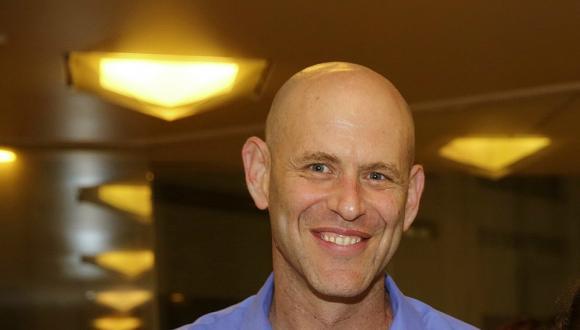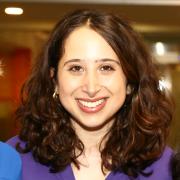Networking in the Digital World - Fact or Fiction?
Our networks of connections – friends, professional colleagues, mentors, consultants – play a significant role in our personal and working lives.
Our networks of connections – friends, professional colleagues, mentors, consultants – play a significant role in our personal and working lives. The array of our contacts with colleagues and friends in different areas is one of the important factors that contribute to our personal and professional development.
But is our business network bigger and stronger than it was in the past? Dr Yuval Kalish, Academic Director of the Executive MBA, at Tel Aviv University’s Coller School of Management, researcher and lecturer on the subject of leadership and networks, thinks that it is not.
“I am an adherent of the ideas presented by Prof. Brian Uzzi of Northwestern University in the course Leadership and Organizations that you took in your first year of the program,” says Dr Kalish. “For people to succeed in creating influence and an effective business network, two conditions need to be met. The first is diversity, exposure to as many different types of people as possible, each of whom adds a new resource. By resource, I mean knowledge, specialization, ability, capital and so on. If all my friends are the same, I won’t change anything in my business frame. The second condition is trust. It is important to be able to depend on my professional contacts. If there is no trust between people they won’t reveal private information or anything that is likely to help the other to advance and develop.
Why doesn’t it work in the social media (online)?
“The main problem is that social media easily meet the first condition, that is, diversity, but they totally fail to meet the second condition of trust. It is very easy to gather around you a variety of people who are very different from you, but the mechanisms that are supposed to create trust do not exist. True, some level of trust does exist in online networks, but it is a sense of trust in platforms rather than in people. As long as we are not able to find a way of integrating the first two conditions, there will be no real networking, but only the illusion of networking. Moreover, as the British anthropologist Robin Dunbar showed, the maximum number of people with whom we can form a deep relationship, that is, a relationship of trust, is 150. Compare this to the number of contacts in your profile in social media…”
How, nevertheless, does one create a networking system in the virtual world?
“Start in the offline world. As in the past, arrange events or meetings of people with different and complementary areas of interest, and only then, after you have created a strong group, introduce virtual community activities. Create the system of trust and diversity in real life and strengthen it online."
Dr. Yuval Kalish is a Social networks, Leadership and Interorganizational learning professor and the Academic Director of the Executive MBA Program at the Coller School of Management, Tel Aviv University





